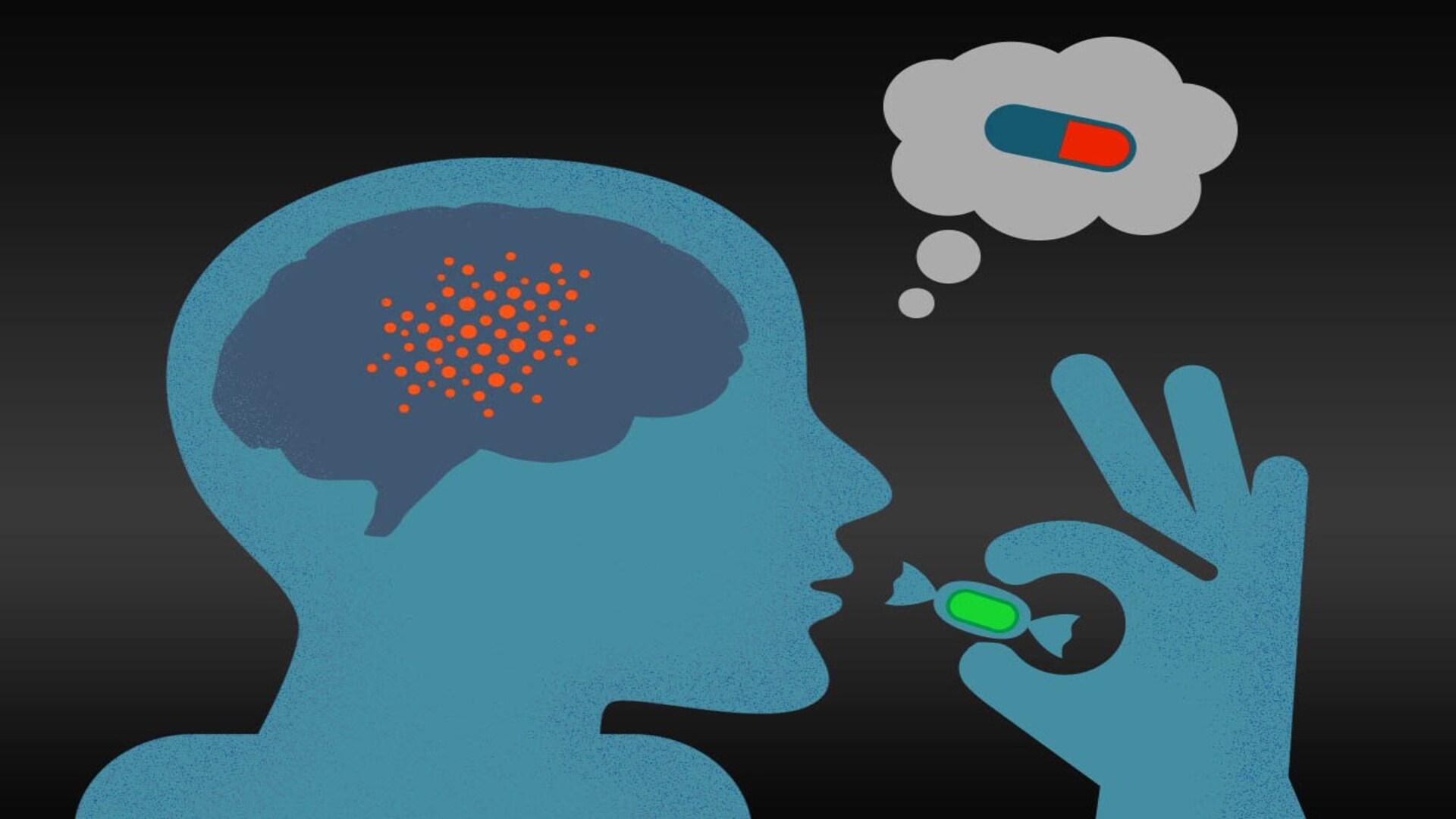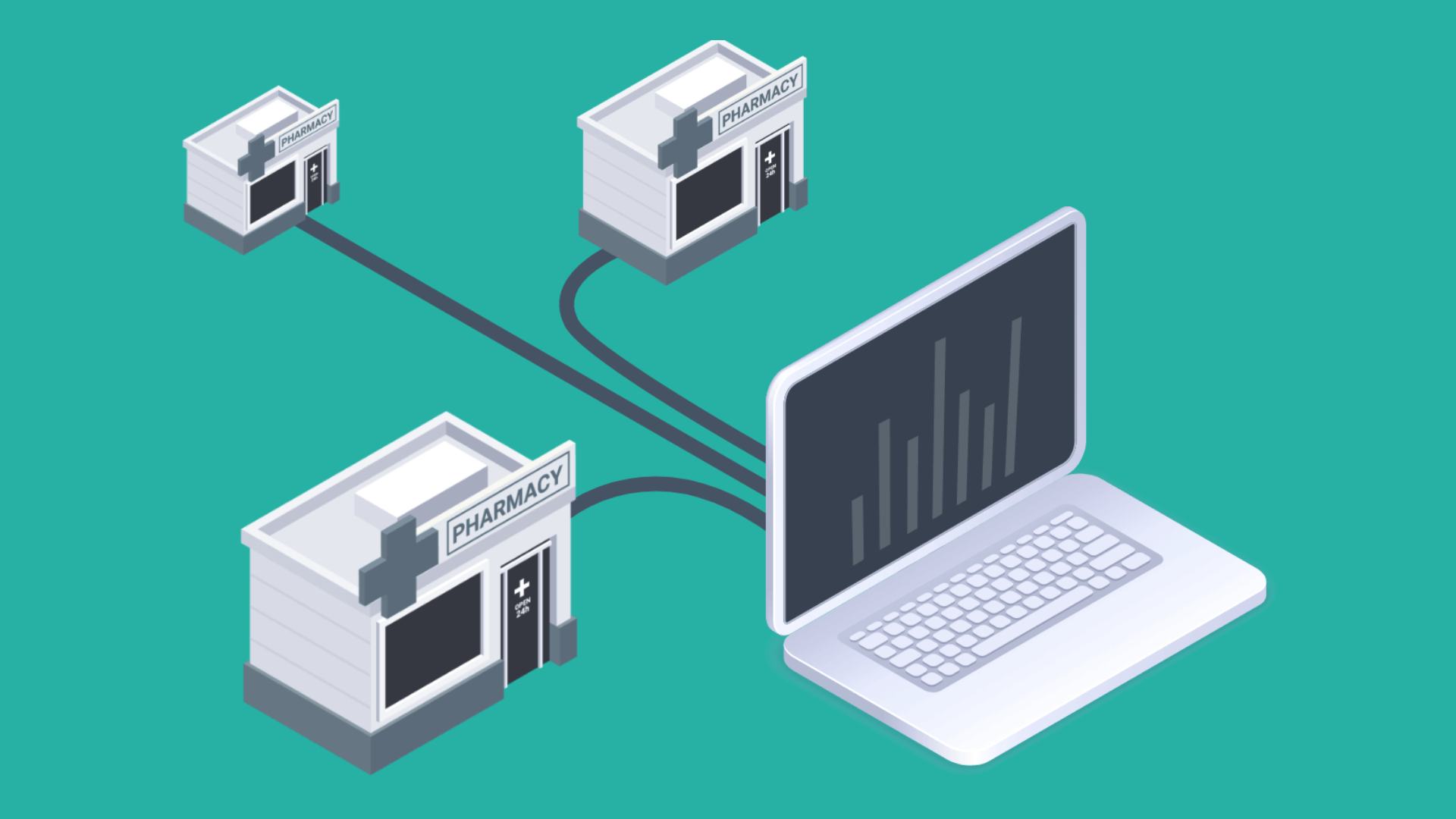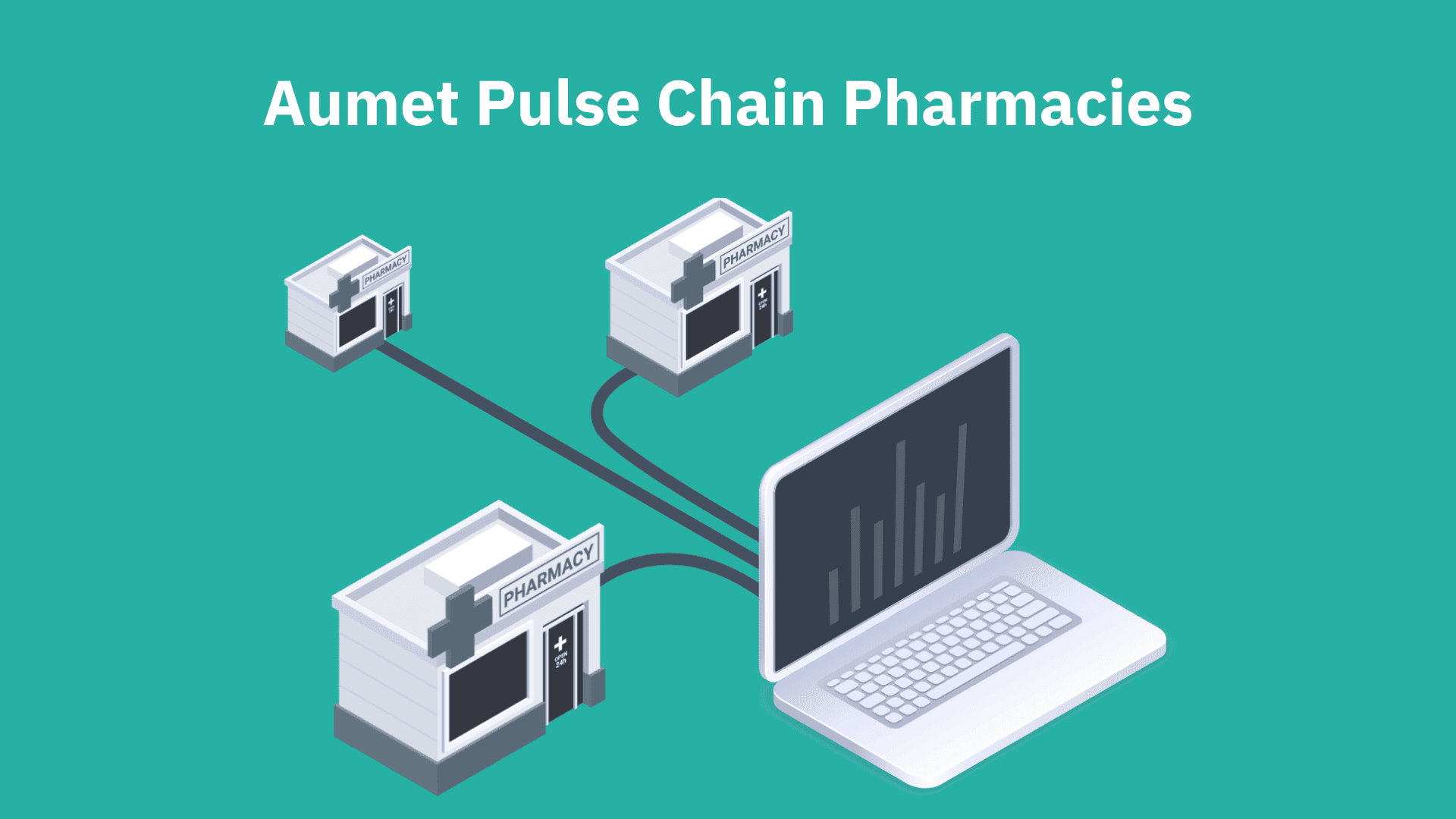The placebo effect is a well-documented phenomenon where patients experience real improvements in their health after receiving treatments that have no therapeutic value. While commonly associated with clinical trials, it also plays a significant role in everyday medication use, influencing patient outcomes based on expectations and perceptions.
Understanding the Placebo Effect
A placebo is an inactive substance or treatment designed to have no therapeutic effect. Despite this, patients may report symptom relief after taking a placebo, a response attributed to their belief in the treatment’s efficacy. This effect underscores the powerful connection between mind and body in the healing process.
Influence of the Placebo Effect in Daily Medication Use
1. Perception of Medication Efficacy
Patients often perceive brand-name medications as more effective than generic versions, even when the active ingredients are identical. This perception can enhance the therapeutic outcome due to the placebo effect.
2. Impact of Medication Appearance
The color, size, and shape of a pill can influence a patient’s expectations and, consequently, the medication’s effectiveness. For instance, certain colors are associated with specific effects, which can modulate the placebo response.
3. Role of Healthcare Provider Interaction
The manner in which healthcare providers communicate about a medication can significantly affect patient outcomes. Positive interactions and reassurances can enhance the effect, leading to better perceived efficacy of the treatment.
Ethical Considerations of placebo effect in Clinical Practice
While it can be beneficial, its deliberate use in clinical practice raises ethical concerns. The American Medical Association advises that placebos should only be used with patient knowledge and consent to maintain trust in the patient-physician relationship.
Conclusion
Whilte it highlights the intricate relationship between mind and body in the healing process. Recognizing its influence in everyday medication use can help healthcare providers optimize treatment approaches and improve patient outcomes.
References
- American Medical Association. “Use of Placebo in Clinical Practice.” Available at:
- Harvard Health Publishing. “The power of the placbo effect.” Available at:
- Evers, A. W. M., et al. “Implications of Placebo and Nocebo Effects for Clinical Practice: Expert Consensus.” Psychotherapy and Psychosomatics, vol. 87, no. 4, 2018, pp. 204–210.
- Benedetti, F., et al. “Placebo Effects: Biological, Clinical and Ethical Advances.” The Lancet, vol. 375, no. 9715, 2010, pp. 686–695.
- Hróbjartsson, A., and P. C. Gøtzsche. “Placebo Interventions, Placebo Effects and Clinical Practice.” BMC Medicine, vol. 8, 2010, p. 15.
Share your own article on Aumet Blog
To learn more about Aumet, contact us!










